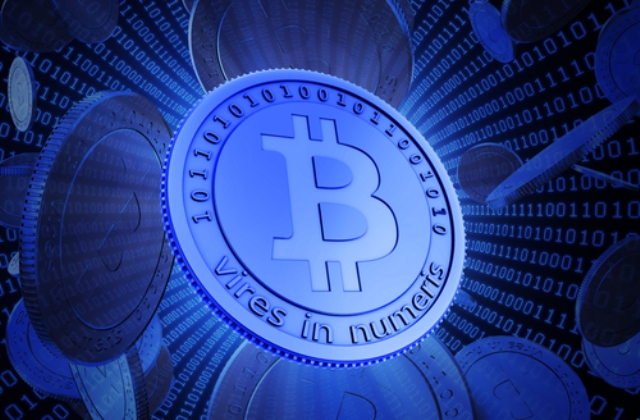Chicago Sun-Times Will Test A Bitcoin Paywall
By Chuck Sudo in News on Jan 14, 2014 9:20PM
In what can be considered at the very least a unique social media experiment, the Chicago Sun-Times announced Tuesday it would beta test a paywall next month that allows bitcoin, the peer-to-peer cryptocurrency that has tech experts dreaming big and astute economists like Paul Krugman wondering if it can be a legitimate form of money, as a payment method.
The Sun-Times is partnering with startup BitWall on the experiment beginning Feb. 1. Once someone online visits the Sun-Times’ website they’ll be encountered by a BitWall paywall. If readers want to read articles they either make a donation, via bitcoin, to the Taproot Foundation, a Chicago-based group that “engage(s) the nation’s millions of business professionals in pro bono services both through award-winning programs and by partnering with companies to develop their pro bono programs” in order to “makes business talent available to organizations working to improve society.” Visitors to the Sun-Times website skeptical of bitcoin can also make it through the paywall by tweeting about Taproot.
The Sun-Times will be the first major American newspaper to test out a bitcoin paywall, but won’t accept bitcoin as payment. Instead, any bitcoin donations received will be converted into currency and sent directly to Taproot.
Both Sun-Times publisher Jim Kirk and BitWall CEO Nic Meliones were high on the concept. Kirk said the paywall is another example of the Sun-Times’ willingness to “experiment and test new technologies that we believe engage our readers.” Meliones said using bitcoin with his company’s software “allows us an innovative feasible micro-transaction and time-based access revenue models.”
But does bitcoin have any tangible value? Supporters say yes and point to its open source coding and decentralized nature as examples.
Old school economists like the Pulitzer Prize winning Krugman aren't convinced, although Krugman has been speaking for months with several pro-bitcoin technologists. Krugman's main issue with the currency: does bitcoin have value?
To be successful, money must be both a medium of exchange and a reasonably stable store of value. And it remains completely unclear why BitCoin should be a stable store of value.
The Washington Post's Timothy B. Lee is also skeptical.
Most of the altcoins have focused on improving mining, the process the Bitcoin network uses to process transactions. In the Bitcoin mining process, hundreds of computers race to solve a repetitive math problem. The winner of the race gets to add a "block" to the Bitcoin network's global transaction register, and to award itself 25 bitcoins (roughly $20,000) for its trouble.Critics see two big problems with this system. One problem is that the mathematical formula at the core of the Bitcoin mining process, called a hash function, can be performed much more efficiently by expensive, custom-designed computers than with an ordinary PC. As a result, mining has become an increasingly specialized activity, with people spending thousands of dollars on chips whose only function is to mine Bitcoins. This hardware is so much more efficient than ordinary PCs that it's no longer cost-efficient to mine Bitcoins with an ordinary PC — the electricity consumed is worth more than the bitcoins produced.
That, critics warn, risks undermining one of Bitcoin's core virtues: its decentralization. The security of Bitcoin's transaction-clearing process requires that no one control more than 50 percent of the network's computing power. Bitcoin's designer envisioned thousands of ordinary users running Bitcoin software on their PCs, ensuring that no one could gain a large market share.
But thanks to the rise of dedicated hardware, Bitcoin mining has become increasingly professionalized. Miners have organized themselves into "pools," and a handful of pools control the overwhelming majority of the network's computing power. Critics worry that these pools could eventually gain de facto control over the network, undermining one of the network's key selling points.
It will be interesting to see how much bitcoin BitWall and the Sun-Times collects with this experiment. Although our guess is that more visitors to the Sun-Times' website will opt to tweet about the Taproot Foundation—in choosing between social media and bitcoin many readers will choose the devil they know. At the very least it's some publicity for the newspaper that doesn't focus on layoffs and declining newsroom morale. And if it is successful maybe the Sun-Times will be able to use other altcoins like Dogecoin, Litecoin and Coinye as payment for the paywall.
